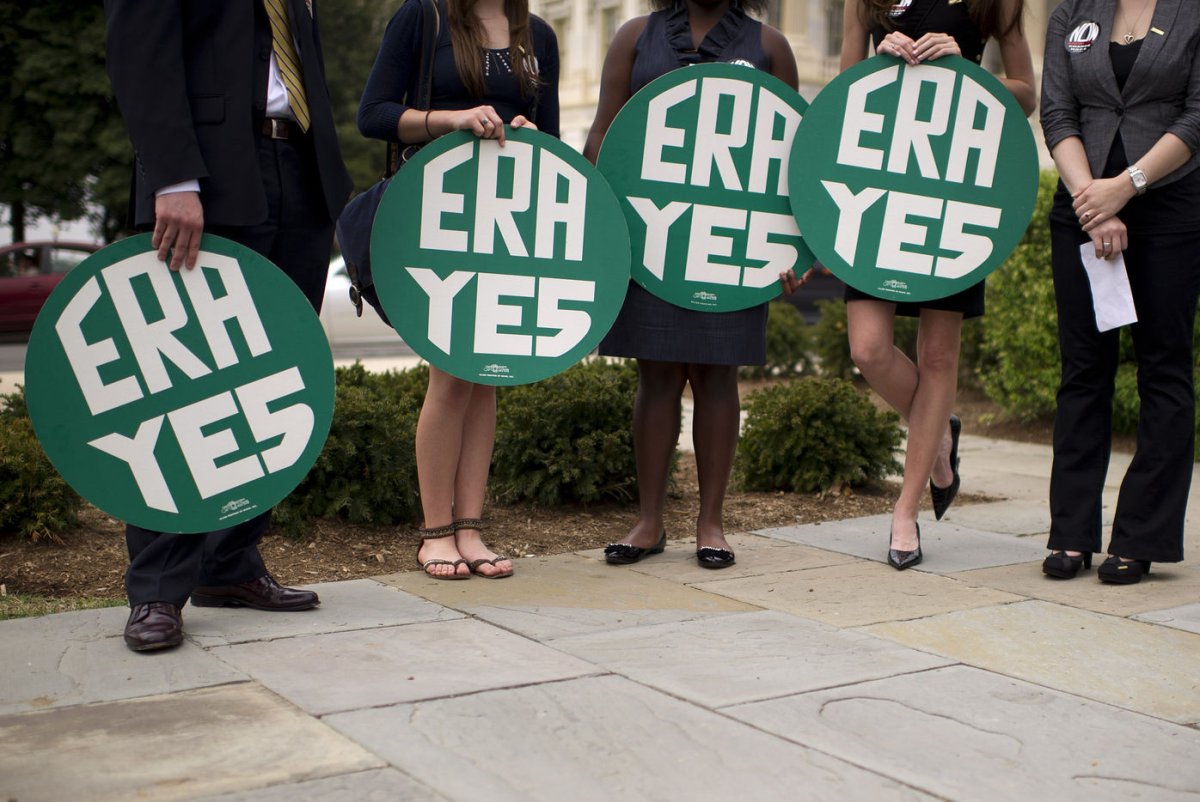From 1789 to 2019 there were over 11,000 proposed constitutional amendments, from Representative William Stephen Morgans’ reasonable proposal of a dueling ban among elected officials to the ludicrous motion to both change the nation’s name from the United States of America to the United States of Earth. Furthermore, there have been proposals to abolish the Navy and Army, introduced by Representative Lucas M. Miller. However, only 27 of these proposed amendments have made It into our constitution. Certainly, among the behemoth number of rejects, there are a few diamonds in the rough, five of which shall be presented and have their rightful adoption briefly argued for here.
In 1875, Representative James G. Blaine proposed an amendment to the constitution which stated:
“No State shall make any law respecting an establishment of religion, or prohibiting the free exercise thereof; and no money raised by taxation in any State for the support of public schools, or derived from any public fund therefor, nor any public lands devoted thereto, shall ever be under the control of any religious sect; nor shall any money so raised or lands so devoted be divided between religious sects or denominations.”
In simpler terms, this prohibits the states from making laws abridging religious freedom as well as a prohibition on allocating public funds to any religious group or cause.
Separation of church and state is not only a fundamental American value, but a foundational democratic and post-enlightenment principle. Keeping our schools and institutions secular protects the identity and freedom of all whilst limiting the liberty of none. Religion is a personal affair, not a public one. By adopting an amendment to our constitution analogous to the one proposed more than 140 years ago, we would limit the ability of our national government as well as those of the several states to infringe upon this most important of principles, all the while insulating religious groups from unequal status and insuring for all freedom from imposed religion.
The Bricker Amendment refers to a series of proposed amendments from 1951 to 1954 which derives its name from the first of this series of amendments proposed by John W. Bricker. The aim of all these amendments would have been to give the senate the authority to approve or disapprove of executive agreements with foreign powers via two thirds majority.
This is an essential element of the separation of powers. An amendment like this would right a long standing American wrong.
The constitution says the president “shall have Power, by and with the Advice and Consent of the Senate, to make Treaties, provided two-thirds of the Senators present concur,” (Article II Section 2).
Our current allowance of the president to make various agreements with foreign powers without the “advice and consent” of the senate is an infringement upon the document and an encroachment of the executive power into the realm of legislator.
The Equal Rights Amendment was first introduced in 1923 by Alice Paul and Crystal Eastman and gained the most traction following its 1971 reintroduction passing both the House of Representatives and Senate but failing to be approved by the states before its 1979 ratification deadline, Tennessee being one of six states to revoke their ratification after having approved the amendment.
The amendment stated, “Equality of rights under the law shall not be denied or abridged by the United States or by any state on account of sex.”
In our more enlightened time, it is obvious that an amendment promoting equality among the sexes is just as necessary as laws like the Civil Rights Act of 1964. Women still face similar hardships today as their mothers and grandmothers did in previous decades, and even if by social awareness and separate legal action the plight of women has been in some areas remedied, a constitutional guarantee of equality regardless of sex is a cornerstone of any fair and democratic nation which prioritizes liberty and the rule of law.
There have been various attempts at a single subject amendment, the first being proposed in 1996, all of which have failed. Such an act would require all laws to be of one subject or topic. It would protect against such undemocratic legislative tactics as logrolling, trading of legislative favors to ensure the passage of each other’s bills, earmarking, the placement of a provision in spending bills which allocates money to specific recipients, pork-barreling, the allocation of funds for local projects in a specific representative’s district, and omnibus spending bills, which packs numerous other smaller spending bills into a single one.
All the aforementioned targets which a single subject bill would eliminate are predatory legislative practices which are wildly unpopular among the public and dangerous to public policy. 41 states have already passed single subject amendments to their state constitutions, making it one of the most likely to succeed if reintroduced.
Introduced in 2017 by representative Al Green, H.J.RES.115 sought to clarify the pardoning power of the president.
It stated, “The President shall have no power to grant to himself a reprieve or pardon for an offense against the United States.”
This is an important constitutional provision for the rule of law; no one, including the president, is above the law and should not be able to grant himself a pardon for any crime committed against the United States or otherwise.
Amending is a fundamental process that gives our constitution the ability to forever represent us, no matter what social changes we go through, but our lack of using the process makes the document less a living one and more one on life support. It would be in the best interest of everyone to support amendments like the ones highlighted above.












